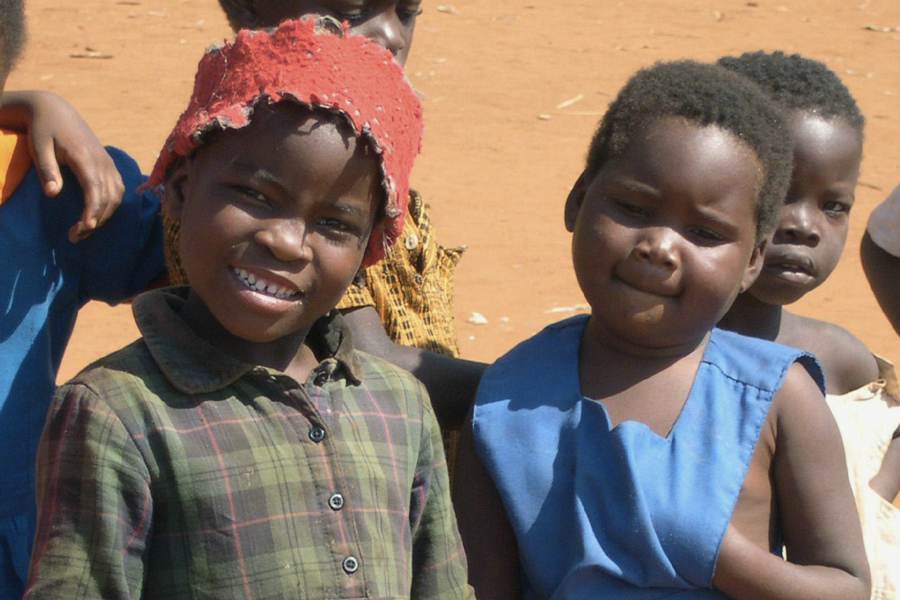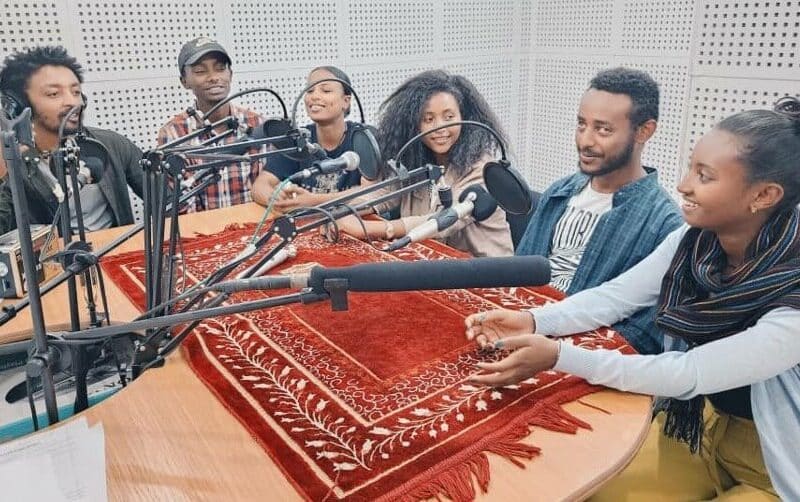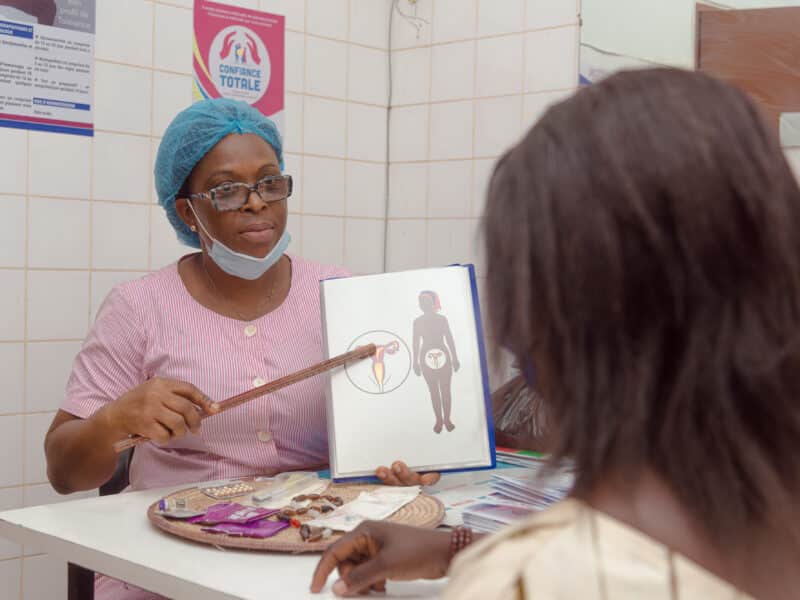Radio program in Malawi influences listeners to adopt HIV preventative behaviors
A new study by researchers from the Johns Hopkins Bloomberg School of Public Health Center for Communication Programs (CCP) suggests that entertainment education can be used to reduce the risk of contracting HIV/AIDS in young women and men in Malawi. The paper, Using entertainment education to promote self-efficacy and aspirations among young Malawians: the Tisankhenji radio program was published inCases in Public Health Communication & Marketing.
“The HIV prevalence rate in Malawi is very high, and young women are particularly at risk,” explains Rupali Limaye, PhD, Director of CCP’s HIV/AIDS Global Program and lead author for this study. “If we can encourage girls to stay in school, set career goals and increase their self-efficacy, we can empower them to make healthier choices and thereby decrease their vulnerability to HIV. The Malawi BRIDGE Project used entertainment education to model healthy behaviors, with the Tisankhenji (“the choice is mine”) radio program serving as just one part of a broader behavior change intervention.”
Tisankhenji comprised three sets of 13 15-minute episodes, each of which was followed by 15-minute discussion segments, targeting girls ages 10-14 in Malawi. It was aired weekly from 2005 to 2008. Girls listened and talked about the messages in the episodes as part of school-based listener groups that were facilitated by teachers.
The BRIDGE I Project assessed the impact of Tisankhenji by comparing girls who attended schools that had specifically set aside time for listening to the radio program, usually accompanied by a guided discussion group following the program, with girls who attended schools that did not make time for listening to the program during school hours.
“The results were striking,” says Limaye. “Not only was exposure to Tisankhenji associated with self-efficacy to attain an education and engage in discussions with parents, teachers and elders about career plans and protection from HIV infection, it was also associated with students discussing career plans with each other which demonstrates that they internalized higher education goals.”
The authors of this study believe that their findings are encouraging as they demonstrate that entertainment education can be used to influence behavior change, and that school-based programs can reduce HIV risk exposure. They recommend continued investment in programs that target young girls who are particularly vulnerable.
Funding for this research was provided by the President’s Emergency Plan for AIDS Relief (PEPFAR) through the U.S. Agency for International Development (USAID).
Authors of the study include Limaye, Rajiv N. Rimal, Jane Brown and Glory Mkandawire.




